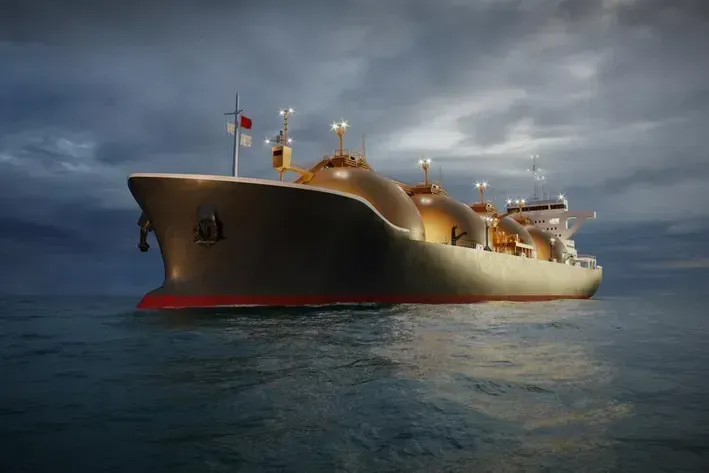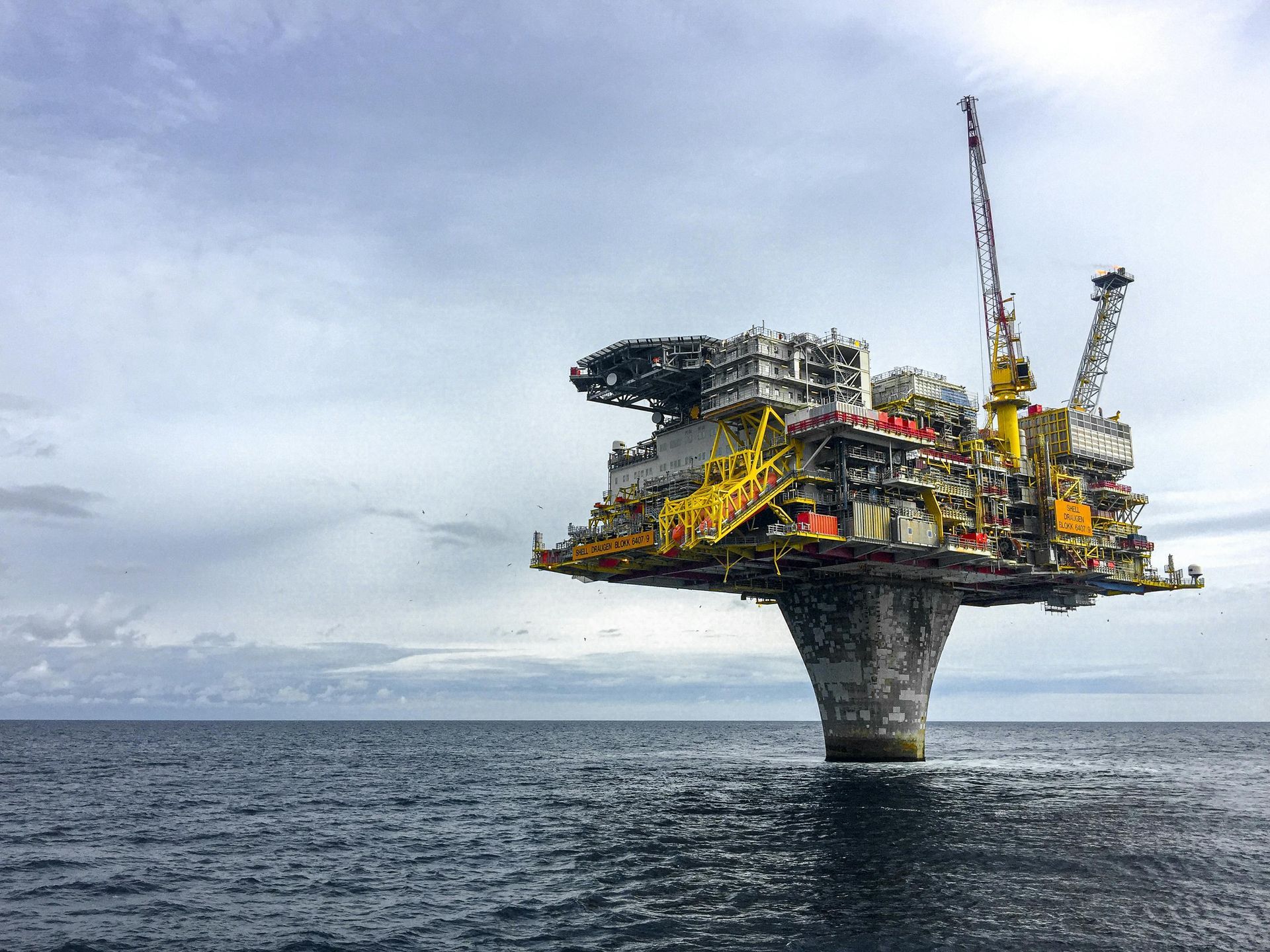We export fuels around the world
GT Fuels has forged close ties with celebrated refineries in Africa, Europe and the Middle East. We can send a range of commodities to many ports around the globe, including aviation fuel/jet fuel, crude hydrocarbons, Russian crude oil, petroleum oils, light and heavy petroleum products, and petrochemistry.
EN590
EN 590, a comprehensive standard issued by the European Committee for Standardisation, outlines the essential physical and chemical characteristics that automotive diesel fuel must adhere to in order to be safely and effectively distributed within the European Union and across various other European nations. This standard plays a crucial role in ensuring fuel quality and environmental compliance, thus contributing to sustainable practices in the automotive industry.
In addition to our commitment to fuel quality, we offer a diverse range of vessels, with sizes ranging from 20,000 MT to 55,000 MT, catering to different shipping needs. Our services include both Free On Board (FOB) and Cost, Insurance and Freight (CIF) options, providing flexibility and convenience to our clients in their logistical operations.


D6 Bunker Fuel Oil
D6, also referred to as Residual Fuel Oil, Bunker Fuel Oil, or Bunker Oil, is a highly viscous type of fuel that plays a crucial role in powering large generators. This particular fuel oil must undergo a preheating process to reach a specific temperature range of 220-260 degrees Fahrenheit before it can be effectively utilized in machinery.
Its unique properties make it an ideal choice for extensive operations, such as those found in power plants and large maritime vessels. However, due to its viscosity and the requisite preheating, D6 is not suitable for use in smaller engines or vehicles that lack the necessary equipment to handle its characteristics. While it is commonly known as D6 in the United States, this fuel goes by various names in different regions around the globe, reflecting its widespread application and importance in the energy sector.
HFO
Heavy fuel oil, often referred to as HFO, is a specific type of residual fuel that is derived as a byproduct from the complex distillation process of crude oil. This fuel is characterized by its high viscosity and density, which contribute to its suitability for use in a wide range of industrial applications. Due to these unique properties, heavy fuel oil is especially prevalent in producing both motion and heat across various sectors.
One of its primary and most significant applications is as a marine fuel, where it plays a crucial role in powering ships and vessels that traverse the world's oceans. Its distinctive characteristics make heavy fuel oil an ideal choice for maritime transportation, as it provides the essential energy required not only for efficient propulsion systems but also for various heating systems onboard, enabling vessels to operate effectively even in challenging sea conditions. Additionally, its economic advantages and availability make it a preferred option for shipping companies worldwide.


Jet Fuel
Jet fuel, also known as aviation turbine fuel (ATF or avtur), is specifically formulated for use in aircraft that are equipped with gas-turbine engines, which are essential for modern aviation. This specialized type of aviation fuel can range in color from entirely colorless to a light straw-colored hue, depending on its formulation and composition. In the commercial aviation sector, Jet A and Jet A-1 are the most widely utilized grades of jet fuel, as they meet stringent global standards for quality and performance, ensuring safe and efficient operations around the world.
Additionally, another variant of jet fuel, known as Jet B, is commonly employed in civilian turbine-engine aviation due to its enhanced properties, particularly its superior cold-weather capabilities. This makes Jet B a preferred choice for operations in regions where temperatures can plunge significantly, allowing planes to maintain optimal performance in challenging weather conditions.
Liquefied Natural Gas (LNG)
Why is LNG important?
Liquefied Natural Gas (LNG) plays a vital role in facilitating the global transition from coal to gas in power generation. As environmentally conscious practices become more prevalent, the use of LNG as a cleaner alternative to coal has garnered increasing attention. Its versatility and efficiency make LNG a preferred choice for many power plants seeking to reduce their carbon footprint and meet sustainability goals. By embracing LNG, industries can significantly contribute to reducing greenhouse gas emissions and promoting a more sustainable energy future.
Is LNG better than natural gas?
What sets LNG apart from other natural gases? LNG emits 40% less carbon dioxide (CO2) than coal and 30% less than oil, positioning it as the most environmentally friendly of the fossil fuels.


Mazut MI00
Mazut MI00 is a high-quality heavy fuel oil that is widely used primarily in industrial applications and power generation. This grade of fuel oil is known for its impressive high energy content and operational efficiency, making it an ideal choice for a variety of energy needs. It serves as a reliable fuel source for boilers, furnaces, and large-scale energy production facilities, thereby contributing significantly to both cost-effectiveness and consistent performance. As industries continue to seek efficient and dependable fuel solutions, Mazut MI00 stands out as a trusted option that helps optimize energy output while minimizing expenses.
Liquidified Petroleum Gas (LPG)
Liquefied Petroleum Gas (LPG) is a versatile and clean-burning fuel that plays a crucial role in a variety of applications, including heating, cooking, and various industrial processes. This fuel is conveniently stored in liquid form under pressure, which not only facilitates easy transportation and storage but also enhances its efficiency as an energy source. With a low environmental impact, LPG is increasingly favored for its ability to deliver high energy content while producing fewer emissions compared to traditional fossil fuels. As a result, it is an ideal choice for households and industries seeking reliable and sustainable energy solutions.


Diesel Gas Oil Ultra – Low Sulphur Diesel
Diesel Gas Oil Ultra-Low Sulphur Diesel (ULSD) is a highly refined diesel fuel characterized by its significantly reduced sulfur content, which allows it to meet stringent environmental standards set to protect air quality and reduce pollution. By minimizing the sulfur levels, ULSD plays a crucial role in ensuring cleaner emissions and contributing to a healthier environment. Additionally, this advanced fuel formulation not only supports improved engine performance but also enhances fuel efficiency, making it an ideal choice for modern diesel engines used in both transportation and various industrial applications. As industries continue to prioritize sustainability and regulatory compliance, the adoption of ULSD becomes increasingly essential in promoting cleaner energy solutions.
Export Blend Crude Gost 51 858-2002
Export Blend Crude GOST 51 858-2002 is a high-quality crude oil blend meticulously produced in compliance with the esteemed Russian GOST standard. This blend is recognized for its exceptional composition and optimal refining properties, which make it particularly advantageous for the production of a diverse array of petroleum products. Its remarkable characteristics ensure excellent performance during refining processes, allowing for the extraction of valuable fuels and other products. As a result, Export Blend Crude serves as a reliable choice for refineries seeking to maximize efficiency and output while maintaining superior quality in their end products.
